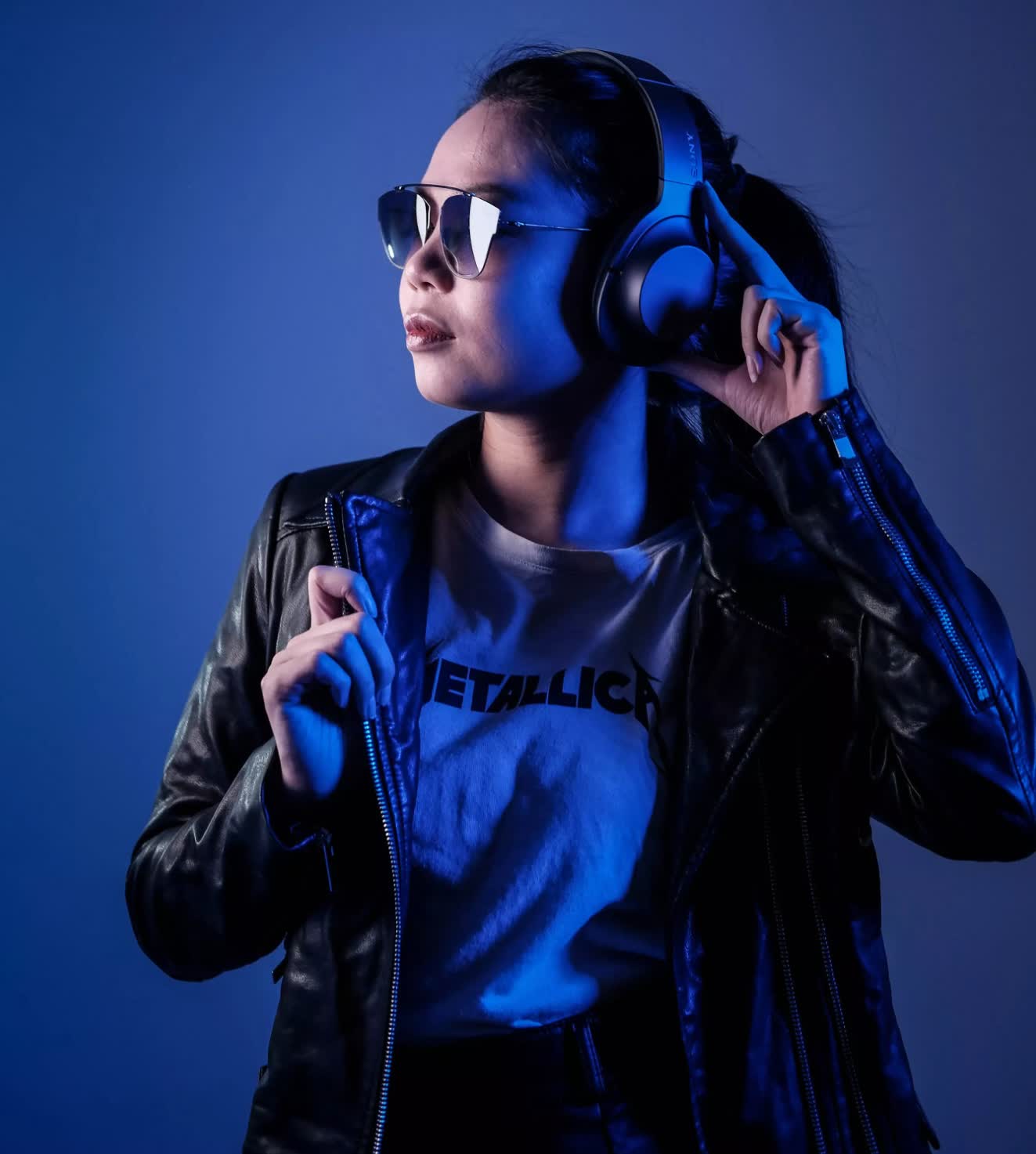Forward-looking: With music apps like Apple Music, Spotify, and Amazon Music now offering CD-quality audio as an option, it was only a matter of time before Qualcomm updated aptX to support lossless audio through Bluetooth. After all, the alternative was using a USB DAC attached to your phone, which doesn't seem very practical.

When Tidal launched in 2014, it was the first music app to stream music at CD-quality. Five years later, Amazon followed Tidal's footsteps and introduced a premium subscription including lossless audio. Earlier this year, Spotify announced it would introduce a CD-quality option to their apps later this year, followed by Apple, which already released a lossless audio option in its Music app.
Many were pleased to hear the news that their favorite music apps would receive lossless audio support. However, 24-bit 96kHz lossy was the best Bluetooth solutions offered, leaving the lossless audio option limited to a fraction of users.
Now that's changing as Qualcomm introduces aptX Lossless, a new aptX Adaptive technology and Snapdragon Sound feature that delivers CD-quality 16-bit 44.1kHz (lossless) audio streaming over wireless, allowing you to listen to music with a maximum bit rate of 1Mbps.

Despite the new 16-bit 44.1KHz audio option, the existing 24-bit 96KHz lossy mode will still be relevant. With that in mind, Qualcomm will allow users to manually switch between both streaming modes or automatically through Qualcomm High Speed Link, detecting the source and enabling the most appropriate accordingly.
The first headphones and earbuds supporting this technology are expected to launch sometime between later this year and early 2022, so you still have to wait a bit before rocking your favorite songs in Hi-Res on the go without a DAC.
Images credit: bruce mars, Minh Pham
https://www.techspot.com/news/91066-qualcomm-bringing-cd-quality-sound-over-bluetooth-through.html